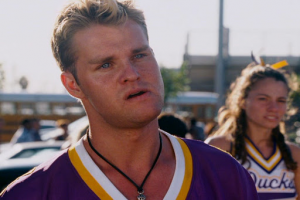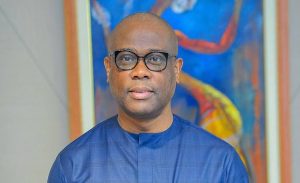More than 15 states recognise some version of Indigenous Peoples’ Day in lieu of Columbus Day, only a year after President Joe Biden formally commemorate the holiday on October 10.
More than 130 cities have embraced the holiday, heeding calls from Indigenous activism organisations and other groups to not honour Christopher Columbus, the Italian explorer who inspired the holiday’s name. He is accused of bringing genocide and colonialism to communities that then existed in the US for hundreds of years. Many people across the country, however, continue to observe Columbus Day or Italian Heritage Day as a source of pride.
Also Read: Pope apologises for abuses suffered by Indigenous in Canada’s church-run schools
History and significance of Indigenous Peoples’ Day
Indigenous Peoples’ Day is observed on the second Monday of October, which aims to honour the Indigenous communities who have lived in the Americas for thousands of years. It grew in popularity as a substitute for Columbus Day, which was intended to honour the explorer who set sail with a crew from Spain in three ships, the Nina, Pinta, and Santa Maria, in 1492.
President Biden stated in a statement issued on Friday for this year’s holiday that Indigenous Peoples’ Day is destined to “honour the sovereignty, resilience, and immense contributions that Native Americans have made to the world.”
Also Read: Joe Biden becomes first US president to mark Indigenous Peoples’ Day
But he added that “we have more to do to help lift Tribal communities from the shadow of our broken promises, to protect their right to vote and to help them access other opportunities that their ancestors were long denied.”
Many municipalities and states in the United States commemorated Indigenous Peoples’ Day prior to the president’s initial edict last year. Colleges and businesses are also becoming more aware of it. In 1990, South Dakota is thought to have been the first state to officially recognise the day as Native American Day.
According to the latest data, Native Americans make up about 9% of the state’s population. Alaska, Oregon, and Vermont are some of the states that have made the day a formal holiday; many other states recognise it through proclamations. Cities such as Berkeley, California, Seattle, and Minneapolis were also some of the early supporters.






